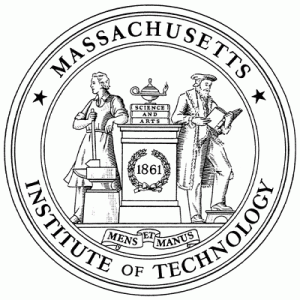Mind and Hand
"Mens et Manus" (latin for "Mind and Hand") is the official motto of MIT. Lots of schools have Latin mottoes, and they are usually pretty bland. But mens et manus was — and still is — a radical social statement.
It says that knowing and doing are equally important. It's radical because the traditional academy and aristocratic class believed that doing was lesser work for lesser people. They were concerned only with knowing. "Veritas".

MIT is a world-leading place today because it turns out you can't really be great at knowing without also doing. You can't do cutting edge science without doing cutting-edge engineering to make new tools and gather better data. The closer you look, the fuzzier the distinction gets. "Mens et manus" is a statement that you aren't fully-educated until you appreciate both sides of the coin.
There is still plenty of social resistance to mens et manus. Many organizations are structured as if one caste of leaders should do all the thinking, and another caste of workers should do all the doing.
Nowhere is that attitude more self-defeating than in software. Because software is one of the purest embodiments of the mens et manus duality: the act of knowing precisely what the software needs to do is identical to the act of making the software. But you can't know precisely what it needs to do until you try to make it.
In Memoriam
I was inspired to write this post today because I heard about the passing of Paul Gray. Professor Gray was an exemplar of mens et manus because despite rising to the highest leadership positions in the Institute, he still returned to doing the hard work of teaching big introductory courses to undergrads. And he did that work with immense energy and care for students.